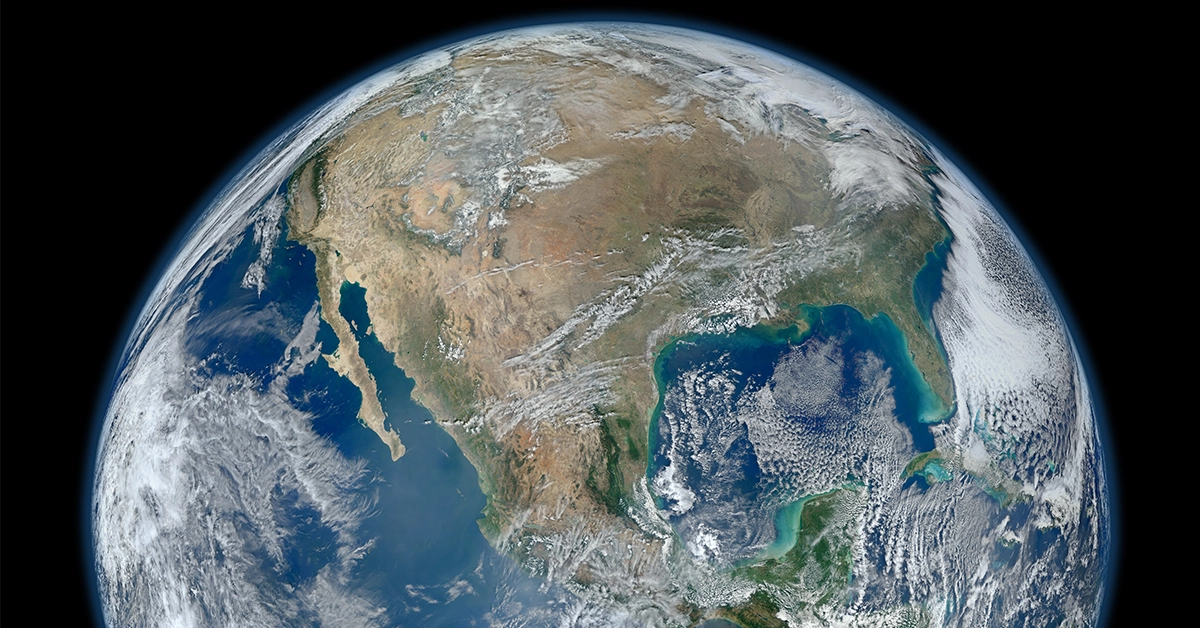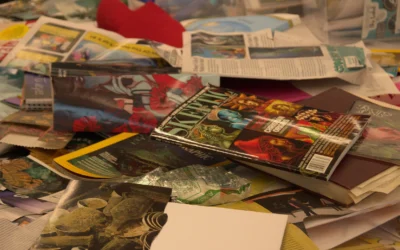“We have gotten too comfortable as humans,” says Ahmed Ali, a public speaker and youth worker. Ali made an attempt to encourage people through his thought-provoking poetry at the second annual Change for Climate talk, which brought 10 of Edmonton’s community leaders together at the Triffo Theatre at MacEwan University on Oct. 24, 2018.
The sold-out event organized by the City of Edmonton discussed various insightful solutions to threats of climate change. Ali shared the stage with Vivian Manasc, Desmond Bull, Mike Flannigan, Scott Downey, and others in hopes of encouraging Edmontonians to discuss the small changes they have made in their lifestyles to improve environmental conditions for future generations. The speakers had a common interest and passion of raising awareness about the threats climate change brings and contributing as a whole to solve the issue.
Based on the 2018 Climate Change and Energy Perception Survey Report, released by the City of Edmonton, 73 per cent of Edmontonians agree that climate change is a threat and change in our regular lifestyles, workplaces, homes, and transportation is necessary. However, to plant the inspiration and to bring about necessary change, Manasc, owner of architectural and engineering studio Manasc Isaac, reminded us that “we still only have one planet, at least the last time we checked we only had one!”
Solutions including practicing slow fashion — which encourages people to manufacture clothing and products and shop consciously with integrity — to using the stairs and installing energy-saving instruments were discussed passionately by the speakers.
In order to reduce our carbon footprint as well as greenhouse gas emissions, Bull, a councillor of the Louis Bull Tribe of the Maskwacis Nation suggested that first and foremost, we are all beings of our mother Earth and the collective effort is necessary regardless of the land we are on.
According to Downey, the chef and owner of Butternut Tree, the least one can do is develop the understanding that changes such as learning how to grow and preserve unnecessary or excess ingredients on our homeland can contribute easily towards reducing our carbon footprint. Moreover, preventing food waste could be another minor change to ensure a healthier lifestyle and environment.
Professor of Wildland Fire with the Department of Renewable Resources at the University of Alberta and director of the Canadian Partnership for Wildland Fire Science, Flannigan said “there is no plan B, we only have plan A,” delivering the message that in order to prevent sufferings in the near future from climate change, society can either take charge and start making little changes in our lifestyles to save our planet, or continue being ignorant until it all falls apart for us. What would be your contribution to our journey forward?





0 Comments